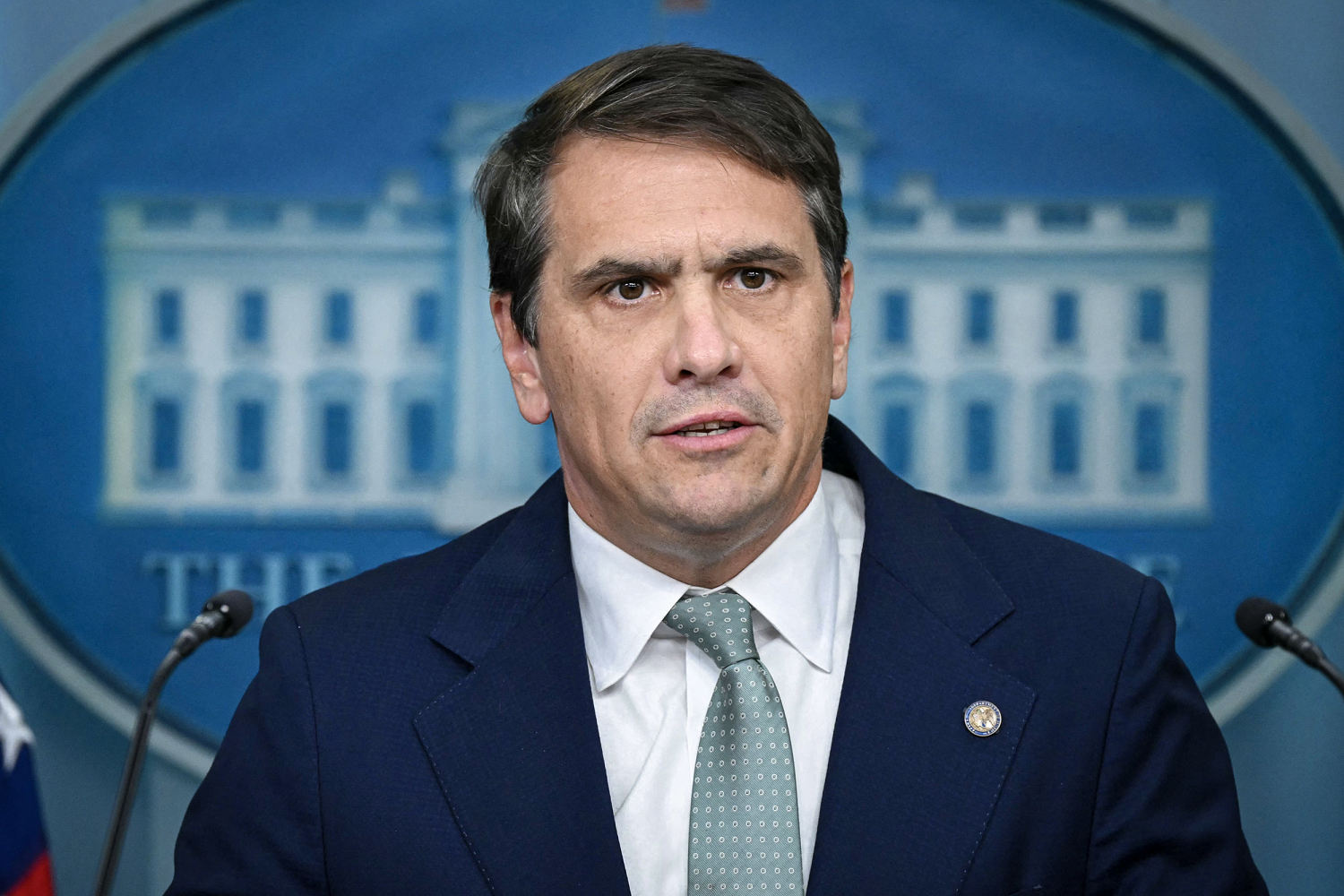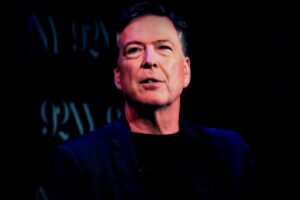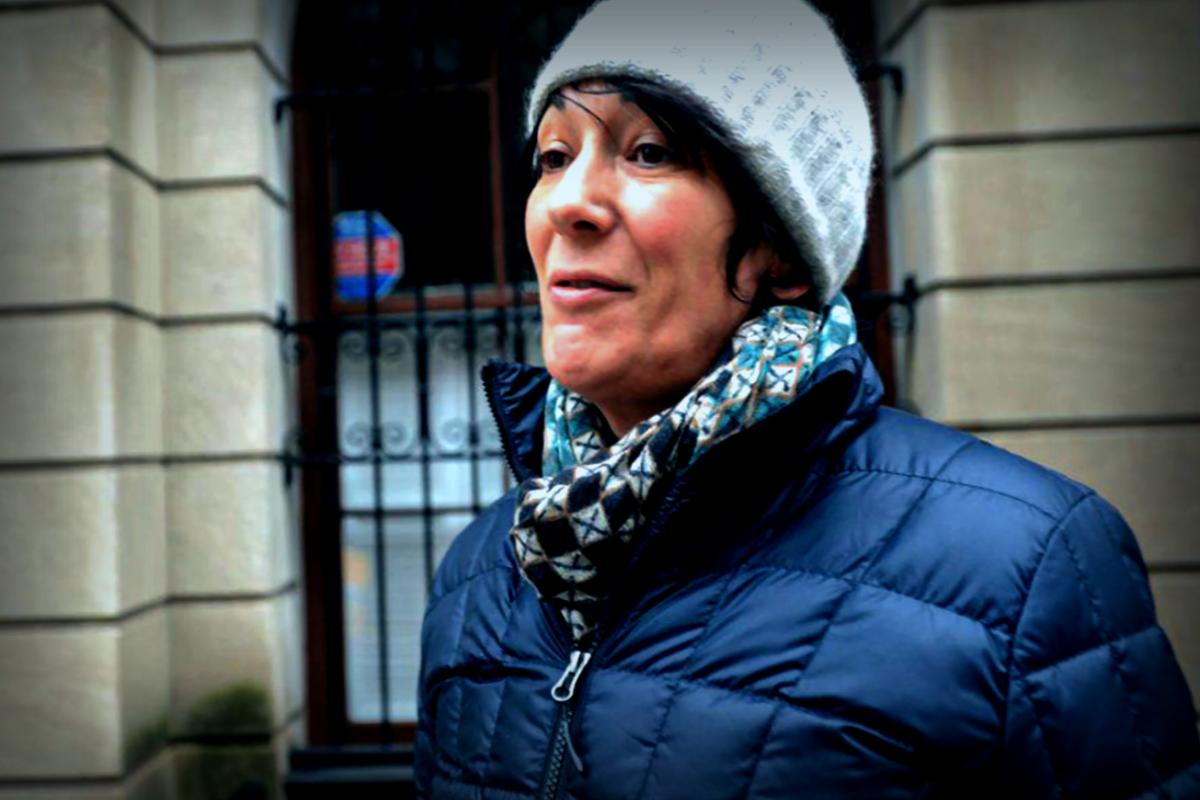Deputy Attorney General Todd Blanche recently had a whirlwind nine hours of conversations with Ghislaine Maxwell spread over two days. Surprisingly, he hasn’t shared any info on what was discussed or what the Justice Department plans to do next in their ongoing critique-riddled investigation into Jeffrey Epstein.
Experts in the legal field have pointed out that it’s pretty strange—if not unprecedented—for someone in Blanche’s position to personally interview a witness. While some level of secrecy in criminal inquiries is standard, it’s unusual for the lawyers traditionally active in such cases to be kept out of the questioning process.
A former senior member of the Justice Department, who chose to remain anonymous, remarked, “I’ve never known a deputy attorney general to do something like this. It’s quite unusual.” This sentiment was echoed as victims connected to Epstein and Maxwell, who had a conviction for grooming underage girls for exploitation, expressed frustration over the lack of clarity.

Berit Berger, who formerly worked as a federal prosecutor in New York, suggested that these interviews conducted by Blanche—which is rather curious since he used to represent Trump—might be more about signaling than substantive inquiry. “It could just allow them to say they’ve covered all bases, including speaking with the co-defendant,” she commented.
The pressure has been mounting for Attorney General Pam Bondi, Blanche, and even President Donald Trump as the community reacts to the DOJ and FBI’s announcement from July 6 that a thorough examination of Epstein’s case didn’t uncover further leads worth investigating. This came despite the backing of FBI Director Kash Patel and Deputy Director Dan Bongino, both known for their controversial takes on the case, in supporting the decision to hold back additional Epstein documents.
Catherine Christian, a legal analyst and former Manhattan assistant district attorney, opined that Blanche’s discussions with Maxwell could serve to shield Trump, who is currently grappling with significant political backlash regarding the Epstein allegations. Notably, Trump was among many affluent individuals who mingled with Epstein, with his name appearing within vast records linked to Epstein’s case reviewed by the DOJ and FBI.
“It’s tough to see this as anything beyond just being performative,” said Christian, suggesting Blanche might be seeking a statement from Maxwell to exonerate Trump in the entire affair.
Insights into Maxwell’s Interrogation
Maxwell’s attorney, David Oscar Markus—who’s also one of Blanche’s friends—provided an inside look after their sessions, noting that Blanche was thorough and professional in his questioning. “Maxwell was quizzed about roughly 100 different people,” he revealed, although he didn’t specify any names. “She answered fully and did not hold back at all.”
A senior administration source, who requested to remain unnamed, indicated that Maxwell was believed to have been granted limited immunity during these interviews. This kind of immunity allows defendants to provide testimonies without the risk of self-incrimination—or at least until they’re proven to lie during the discussions. If it’s found that they were defamatory, that immunity is nullified.
Given that Maxwell is already serving a 20-year sentence after her conviction, an expectation of a plea deal from this interaction seems slim. Her lawyer argues that her initial trial lacked fairness, with an appeal still pending.
Possibilities of Clemency from Trump
Interestingly, President Trump holds the presidential power to grant pardons or reduce sentences for federal offenders. When asked about Epstein on Friday, he suggested the narrative should pivot to focus on other prominent figures connected to Epstein’s social circle, such as former President Bill Clinton and Larry Summers, the ex-secretary of the treasury who once led Harvard.
“You should aim your attention at Clinton and the ex-president of Harvard. These individuals had much more interaction with Jeffrey Epstein than I ever did,” Trump stated.
As for pardoning Maxwell or reducing her time, Trump remarked, “That’s not something that’s crossed my mind yet. But it’s certainly within my rights.”
Former federal prosecutor Mimi Rocah pointed out that the dismissal of chief prosecutor Maurene Comey was a strategic maneuver to allow for Trump-friendly appointees to take over the case. Rocah criticized Blanche’s meetings with Maxwell, arguing his approach lacked accountability since he did not involve any prosecutors with comprehensive knowledge about Maxwell’s offenses.
“It’s concerning that the actors meant to protect the victims end up giving her a platform with insufficient means to authenticate her claims,” Rocah reflected. “The very professionals who could validate her truth are the ones that Blanche chose to sideline.”
This report originally appeared on NBCNews.com.




















